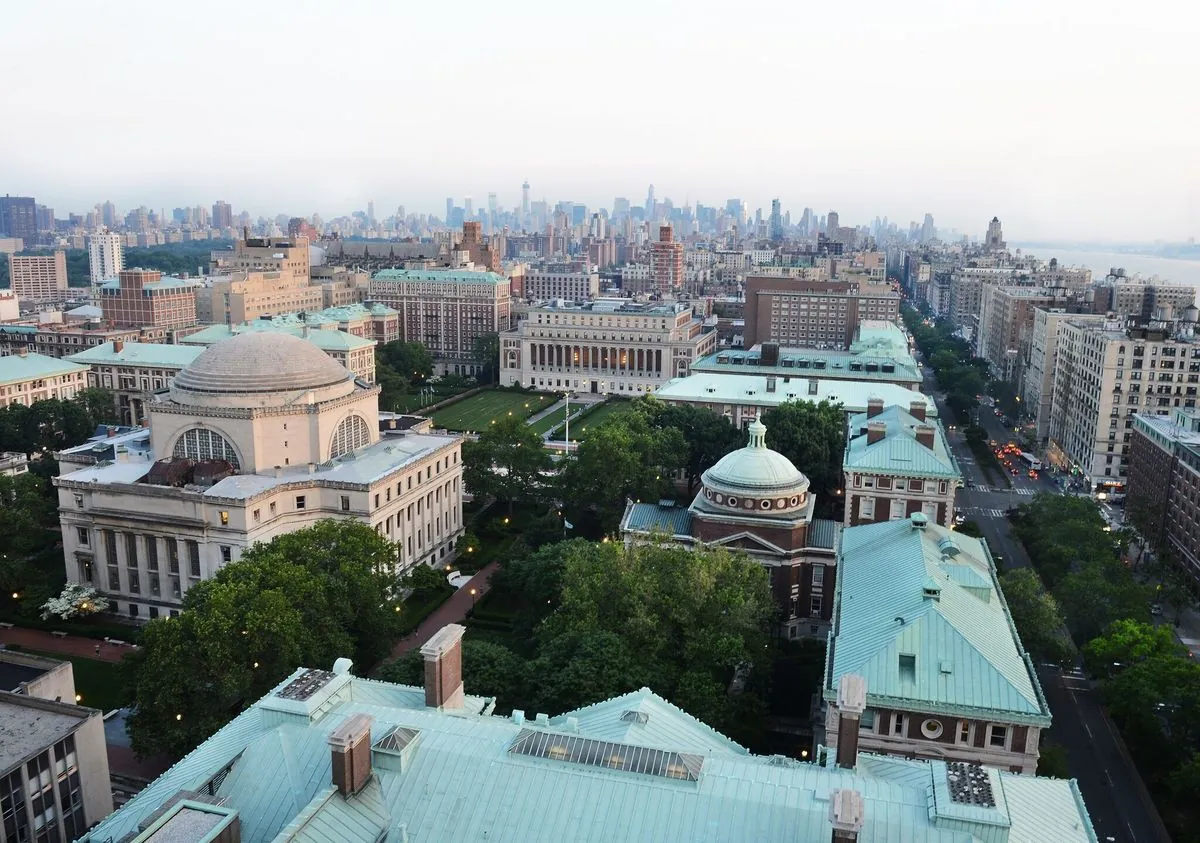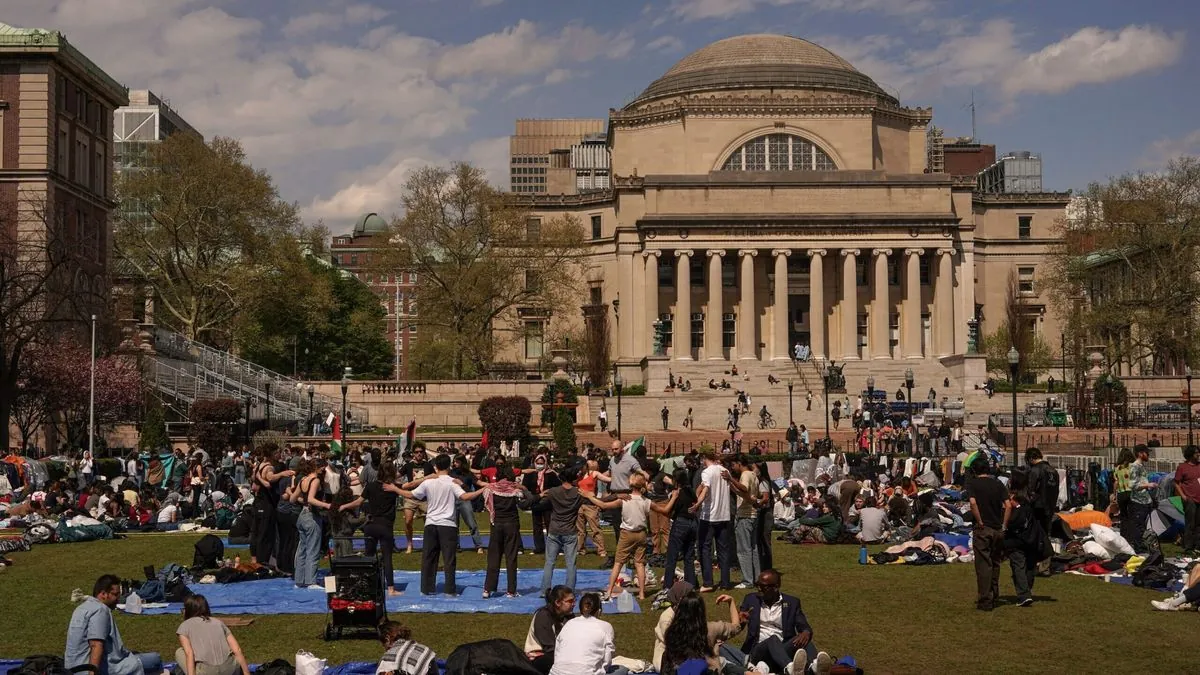Columbia University President Resigns Amid Campus Turmoil
Columbia University President Minouche Shafik steps down after a brief, tumultuous tenure marked by protests and controversies. Katrina Armstrong appointed as interim leader amid ongoing challenges.

Minouche Shafik, President of Columbia University, has announced her resignation, marking the end of a brief but turbulent tenure at one of America's most prestigious institutions. The decision comes amidst ongoing campus unrest and criticism over the handling of divisions related to the Israel-Hamas conflict.
Founded in 1754, Columbia University has long been a beacon of higher education in New York. As the oldest institution of higher learning in the state, it has produced five Founding Fathers and boasts an impressive 101 Nobel laureates among its alumni and faculty. However, recent events have cast a shadow over its storied history.
Shafik's resignation follows a series of contentious incidents on campus, including protests that culminated in police intervention. The university, known for its Columbia Blue colors and Lions athletic teams, saw scenes of law enforcement officers entering occupied buildings, a stark contrast to its usual academic atmosphere.

The announcement also comes in the wake of three deans resigning after exchanging messages that Shafik described as "disturbingly touched on ancient antisemitic tropes." This incident, coupled with Shafik's congressional testimony earlier this year, where she faced criticism for her handling of antisemitism concerns, contributed to the mounting pressure on her leadership.
In her resignation letter, Shafik acknowledged the toll these events have taken on her family and the community. She expressed hope that her departure would "best enable Columbia to traverse the challenges ahead."
The Board of Trustees has appointed Katrina Armstrong, CEO of Columbia University Irving Medical Center, as interim president. Armstrong, who also serves as executive vice president for Health and Biomedical Sciences, stated she was "deeply honored" to lead the university during this "pivotal moment."
"Challenging times present both the opportunity and the responsibility for serious leadership to emerge from every group and individual within a community. This is such a time at Columbia."
Columbia's recent turmoil is not unique among Ivy League institutions. In December 2023, University of Pennsylvania President Liz Magill resigned, followed by Harvard University President Claudine Gay in January 2024, both facing similar challenges related to campus protests and congressional testimonies.
Shafik, who was appointed in 2023 as the first woman to lead Columbia, had an impressive background in international development and economics. Her tenure, though brief, coincided with a period of significant global and domestic challenges that have deeply affected university campuses.
As Columbia prepares for the start of classes on September 3, 2024, the university community faces the task of navigating these complex issues. With its vast resources, including an endowment valued at $13.3 billion in 2023 and the eighth-largest library system in the United States, Columbia has the potential to address these challenges while maintaining its academic excellence.
Shafik plans to return to the United Kingdom to lead an effort reviewing the government's approach to international development, leveraging her expertise in fighting global poverty and promoting sustainable development.
As Columbia University moves forward, it will need to balance its rich history and academic prestige with the need to address contemporary issues affecting its diverse student body and faculty. The institution's global network of Columbia Global Centers may prove instrumental in fostering dialogue and understanding across cultures during this transitional period.


































